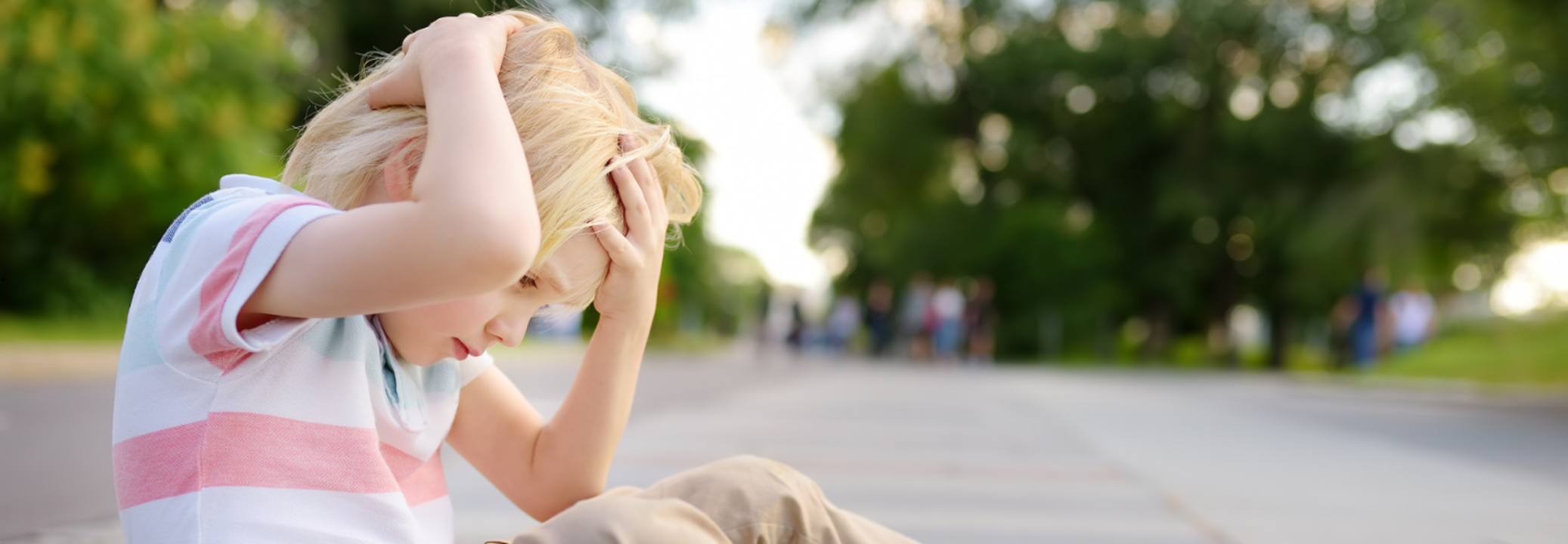What To Do When Your Child Has A Concussion?

Credits: Canva
SummaryA concussion, especially when it is happening to your child, can be scary, but with proper care and monitoring, most children recover fully. The most important thing is to stay alert, act promptly, and ensure a safe return to normal activities.
End of Article
